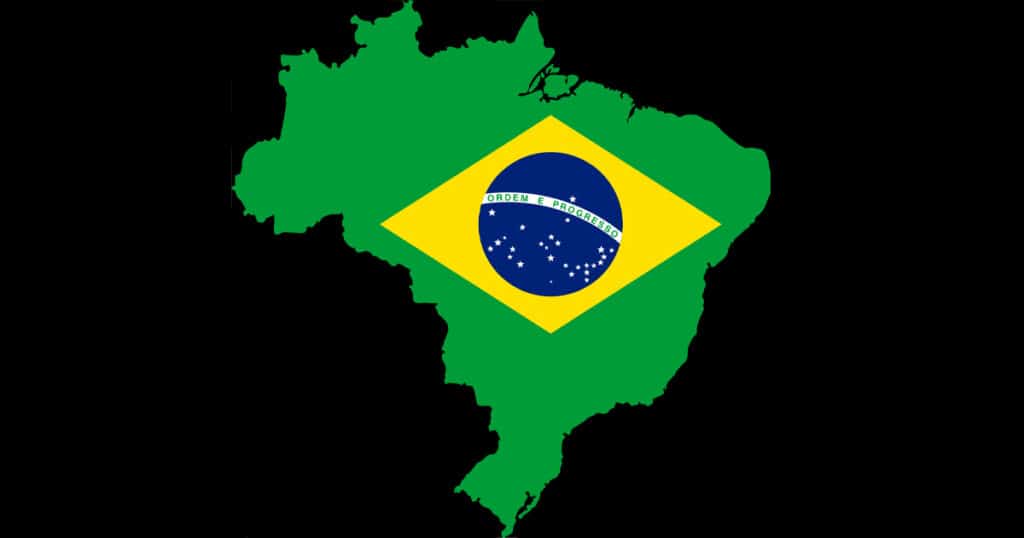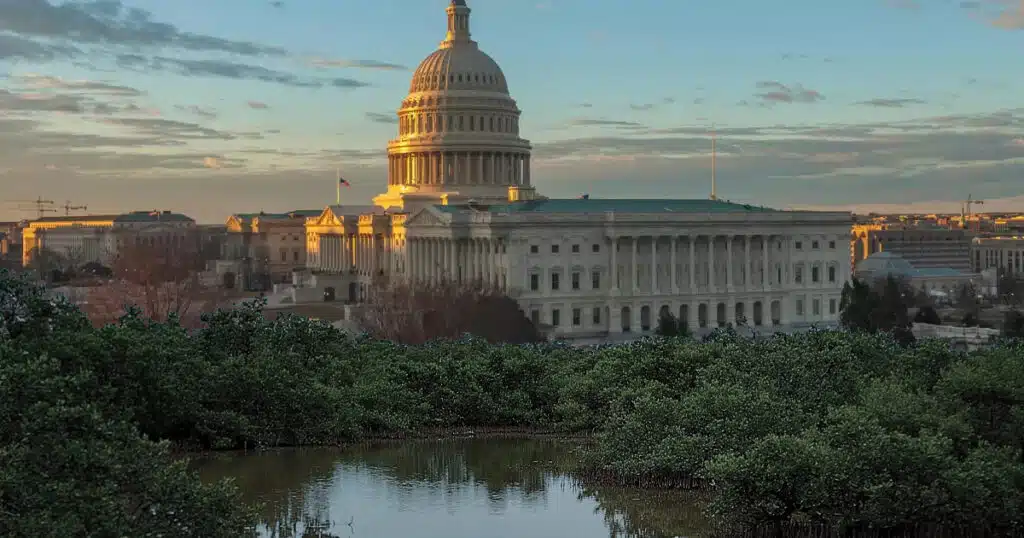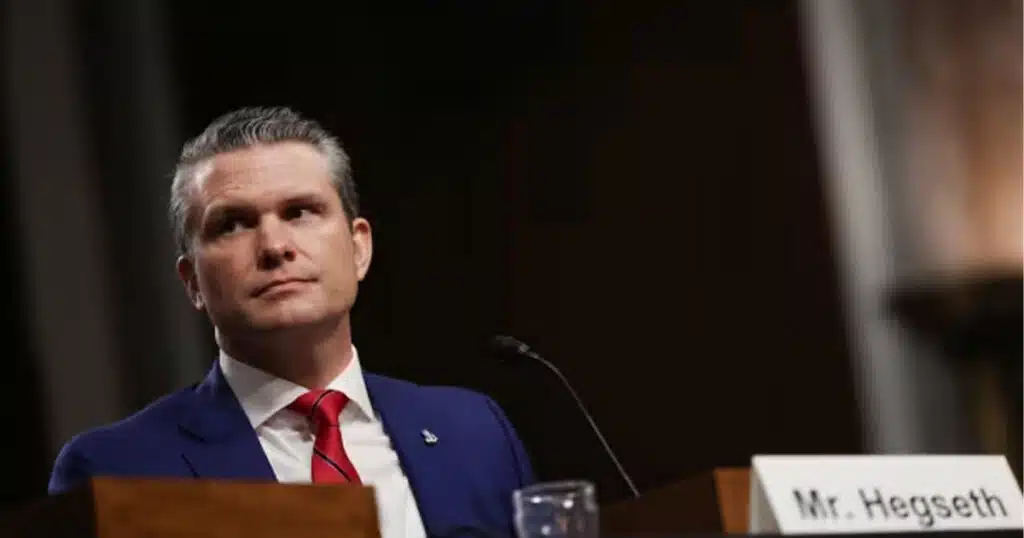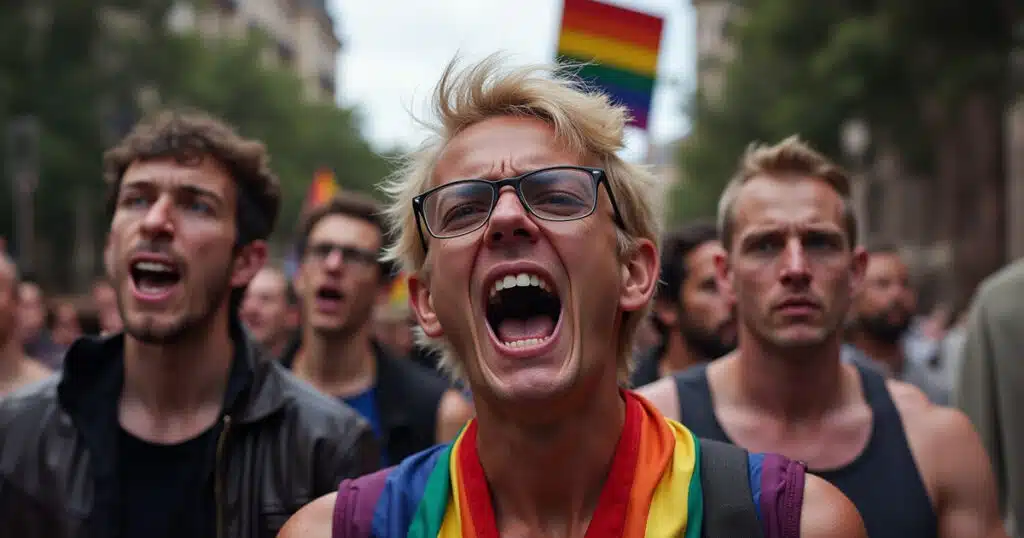
A Response to the Media on Brazil
Although one wouldn’t know it from the media coverage of gun control, the best social science has shown that law-abiding citizens frequently deter criminals. But when ideology trumps facts, policymakers are easily led astray. The latest example is occurring in Brazil, where massive increase in gun ownership in recent years has prompted gun control advocates to reinterpret the data in ways that conform to their political views.
In his first act in office last Sunday, newly installed President Luiz Inacio Lula da Silva signed a decree freezing gun ownership and banning the sale of new ammunition. Lula also instituted other rules aimed at taking away the guns people acquired during the President Jair Bolsonaro administration.
When Bolsonaro became president on January 1, 2019, Brazil had one of the highest homicide rates of any developed country. The international news media derided Bolsonaro for “having seduced tens of millions of voters with simple – though radical – solutions to eradicating violence in one of the world’s deadliest countries.” Bolsonaro’s solution? “Give guns to good people. Let people have guns so that they have the chance to defend themselves.”
In 2019 and 2020, the worldwide news media and their selected experts warned that Bolsonaro had it dangerously wrong. The Wall Street Journal warned: “Violence experts say simply adding more guns to the mix … will only make the murder rate climb faster.” The UK’s Guardian worried that Bolsonaro’s “highly controversial relaxation of gun laws – a key pledge in his 2018 campaign – is fueling fears among experts and campaigners that such moves will add to already shocking levels of violence.”
The list of similar claims – appearing in outlets from National Public Radio and the New York Times to The Economist – is too long to recite.
Nonetheless, Bolsonaro’s reforms produced a 600% increase in gun ownership. Yet despite all the dire predictions, homicides in Brazil plummeted.
In 2018, the year before he became president, the murder rate stood at 27.8 per hundred thousand people – 5.5 times higher than the U.S. rate. But it fell in each consecutive year. By 2021, the third year of Bolsonaro’s presidency, it had dropped to 18.5 per hundred thousand – a 34% drop.
This is information the news media can’t get its head around. A new Washington Post article claims that criminologists believe the drop in homicides occurred despite Brazil’s increase in gun ownership, not because of it.
The Post cites a public health researcher who claims that “every 1% increase in firearm ownership is associated with a 0.6%increase in overall homicide rates.” If so, an over 600% increase in gun ownership should have resulted in a more than 360% increase in homicides, not a 27% drop.
The newspaper now claims that crime fell because of “a decade of investment in policing.” But these investments were already known in 2019 and 2020 when everyone was predicting disaster and changes in policing only affected some of Brazil’s 26 states, and the homicide rate fell in all but one of the states.
“Research consistently shows that when private gun ownership goes up, killings follow,” writes the Post. In fact, most research shows that allowing more concealed handgun permits reduces murder.
When surveyed about 33 gun control proposals, academic criminologists most strongly favored “reducing the government-imposed costs of acquiring guns.” That’s the policy measure that they thought would do the most to reduce murder rates.It was also the second most preferred strategy among academic economists. The economists’ most preferred approach was “relaxing federal restrictions to let companies determine if people can carry concealed handguns in workplace settings.”
But the Post doesn’t seem to have talked to criminologists or economists. It certainly hasn’t factored in the views of most police officers. When PoliceOne asked its 450,000 American law enforcement members about the effects of private gun ownership, 76% of officers answered that legally armed citizens are very or extremely important in reducing crime.
Every time across the world that all guns or all handguns are banned, murder rates rise.
The reality is that Brazil’s experiment in legal gun ownership is just the latest example of “more guns, less crime.” Violent crime fell as criminals became afraid of armed citizens. But don’t hold your breath for any news media outlets or gun control groups to admit they were wrong.
This article was originally published by RealClearPolitics and made available via RealClearWire.



